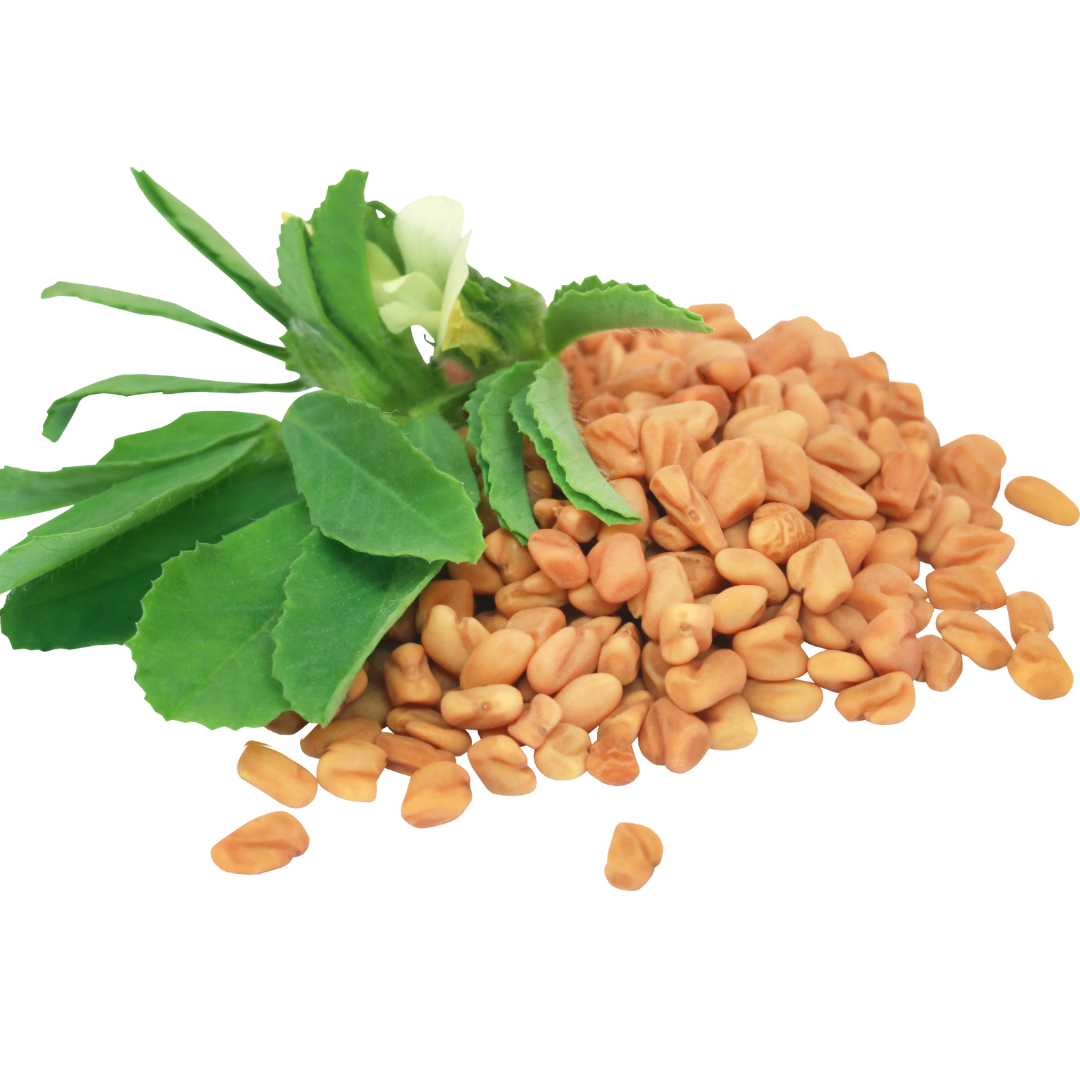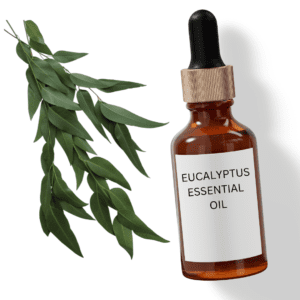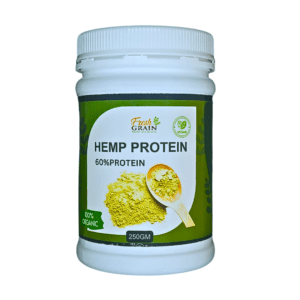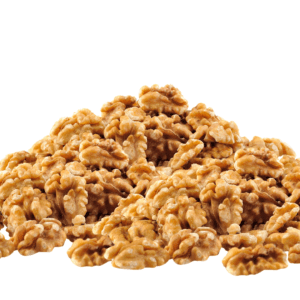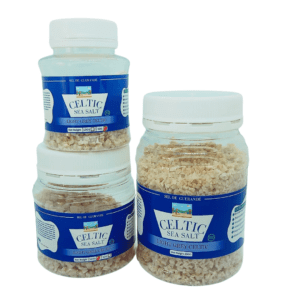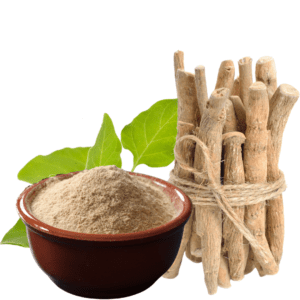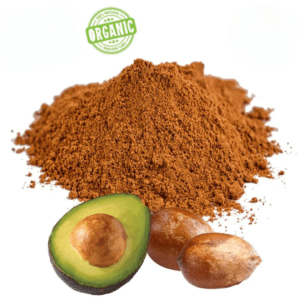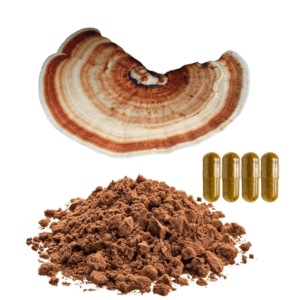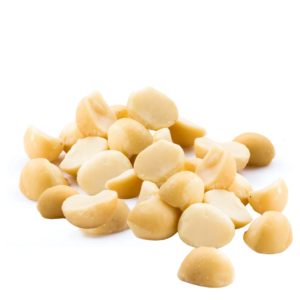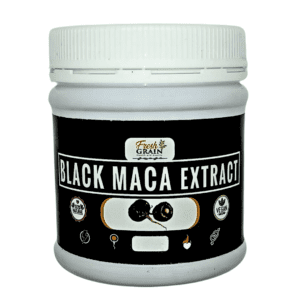Fenugreek Seeds and Powder:
Description: Fenugreek seeds, derived from the plant Trigonella foenum-graecum, are small, golden-brown seeds with a distinctive bitter taste and a slightly nutty aroma. Fenugreek powder is made by grinding these seeds. Both forms are widely used in culinary applications and are known for their potential health benefits.
Nutritional Breakdown: Fenugreek seeds and powder offer a range of essential nutrients contributing to their potential health benefits:
- Proteins:
- Fenugreek contains proteins, essential for building and repairing tissues in the body.
- Fiber:
- Rich in soluble fiber, fenugreek aids digestion and helps regulate blood sugar levels.
- Minerals:
- Fenugreek provides minerals such as iron, magnesium, manganese, and copper, contributing to overall health.
- Vitamins:
- Fenugreek contains vitamins, including vitamin C (an antioxidant) and various B vitamins important for metabolism.
Health Benefits:
- Digestive Health:
- The fiber content in fenugreek supports digestive health, alleviating constipation, and promoting regular bowel movements.
- Blood Sugar Regulation:
- Some studies suggest that fenugreek may help regulate blood sugar levels, beneficial for individuals with diabetes.
- Heart Health:
- Fenugreek’s fiber, antioxidants, and nutrients may contribute to heart health by helping manage cholesterol levels.
- Anti-Inflammatory Properties:
- Compounds in fenugreek exhibit potential anti-inflammatory effects, offering benefits for inflammatory conditions.
- Galactagogue Properties:
- Fenugreek seeds are commonly believed to have galactagogue effects, potentially stimulating the mammary glands and increasing breast milk production.
- Phytoestrogens:
- Fenugreek contains compounds with estrogenic properties, which may influence hormonal levels related to lactation.
How to Use:
- Fenugreek Seed Tea:
- Prepare fenugreek seed tea by steeping a teaspoon of crushed seeds in hot water. Enjoy as a soothing beverage.
- Culinary Use:
- Add fenugreek seeds to curries, stews, lentil dishes, and pickles to enhance flavor. Fenugreek powder can be used similarly.
- Fenugreek Powder in Cooking:
- Use fenugreek powder as a spice in cooking. It adds a mild, nutty flavor to various dishes, including soups, sauces, and marinades.
- Smoothies and Yogurt:
- Mix fenugreek powder into smoothies, yogurt, or oatmeal for added nutrition and flavor.
- Supplements:
- Fenugreek supplements, available in capsule form, provide a standardized dosage. Follow recommended guidelines.
- Topical Applications:
- Fenugreek oil (extracted from the seeds) can be used topically for skin and hair care, offering potential benefits.
Caution:
- Pregnancy and Breastfeeding:
- Pregnant women should avoid excessive consumption of fenugreek, as it may stimulate uterine contractions. Consult a healthcare professional.
- Allergies:
- Individuals with legume allergies (chickpeas, peanuts) may be more prone to fenugreek allergies.
- Blood Sugar Levels:
- Monitor blood sugar levels, especially for individuals with diabetes incorporating fenugreek into their routine.
Fenugreek seeds and powder are versatile additions to a well-balanced diet. While they offer potential health benefits, moderation is key, and it’s advisable to consult with a healthcare professional, especially for individuals with specific health concerns.

